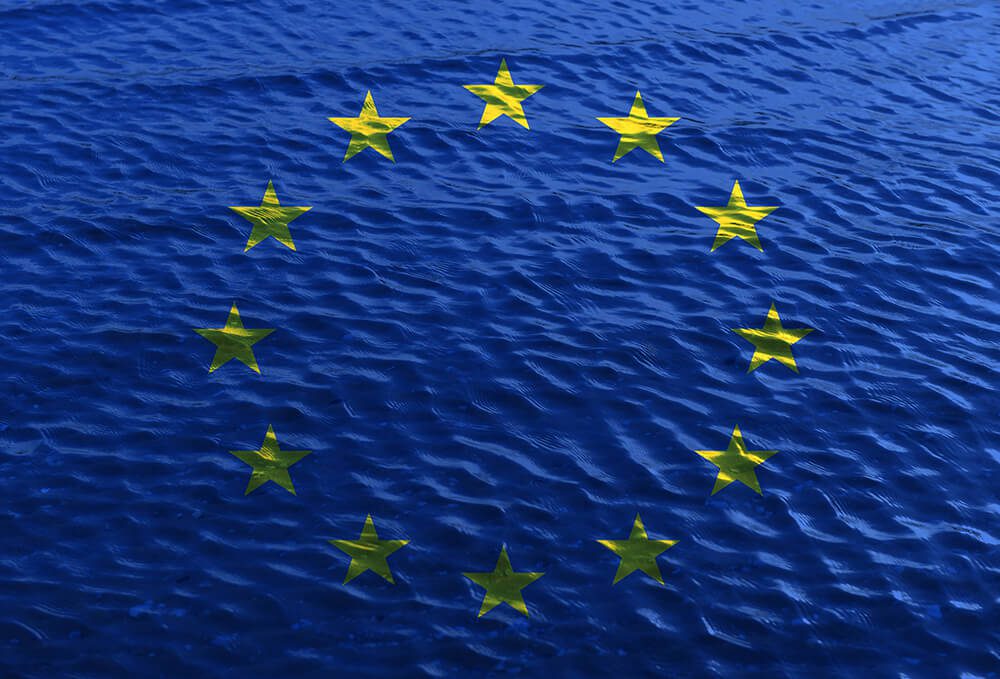Starting from 2024, the maritime sector will be included into the European Union’s Emissions Trading System (ETS), where ships above 5,000 GT will be held accountable for their emissions from next year. The EU Commission will further assess by the end of 2026 whether to include vessels that are >400GT and <5000GT as well, whereas an agreement for offshore ships >5000GT to be covered from 2027 has already been reached.
The legal framework requires shipping companies to surrender allowances for their European voyage emissions, with a phase-in period leading to full coverage by 2026 (40% in 2024, 70% in 2025 and 100% from 2026 onwards). In terms of scope, the EU ETS will cover 100% of intra-EU, 100% at EU ports and 50% of extra-EU verified emissions. A port of call is defined as the place where a ship stops to load or unload cargo, to embark or disembark passengers or where an offshore ship stops to relieve its crew. Ports of call for the purpose of taking supplies, refuelling or seeking shelter from adverse weather will be excluded.
Shipping Companies will have the obligation to surrender sufficient allowances relating to their verified emissions of the previous calendar year, latest by the 30th of September in the following year. Penalties and possible blacklisting for non-compliance will be levied against the shipping company.
IGCBO estimates allowance demand coming from the maritime sector will be ~86Mt once fully phased in. To adjust for this additional demand, the cap of the EU ETS will be increased by 78.4Mt in 2024 (Source: EU ETS Revisions deal text).
Any additional allowances not used for the maritime sector’s compliance will be cancelled in 2024 and 2025.
For more information on the above regulation and developing a strategy for compliance, please reach out to our Sustainability Team.
